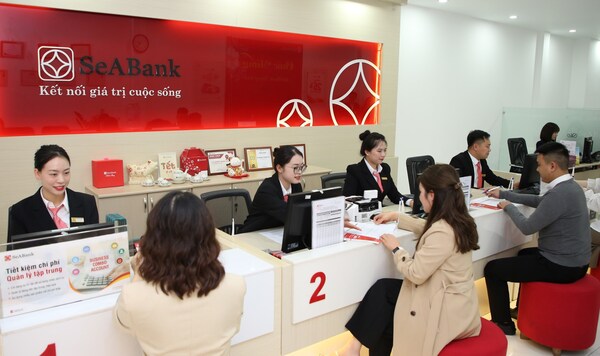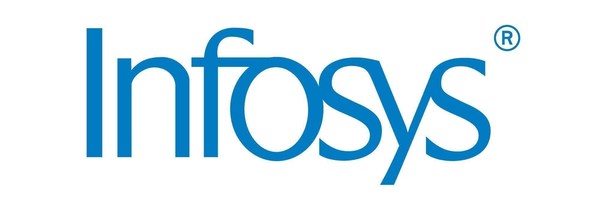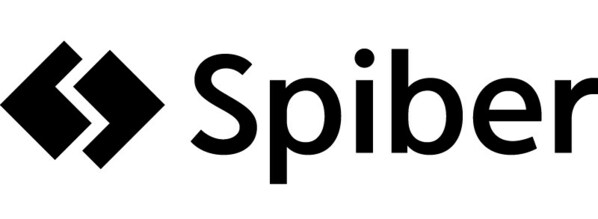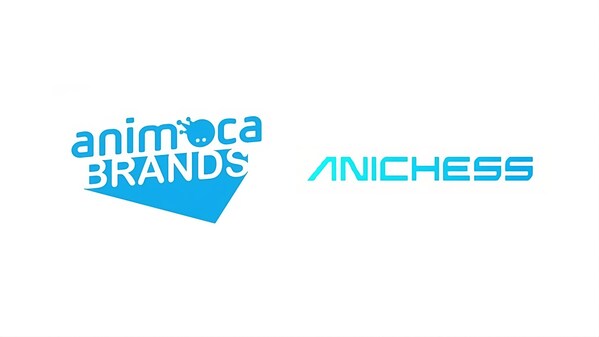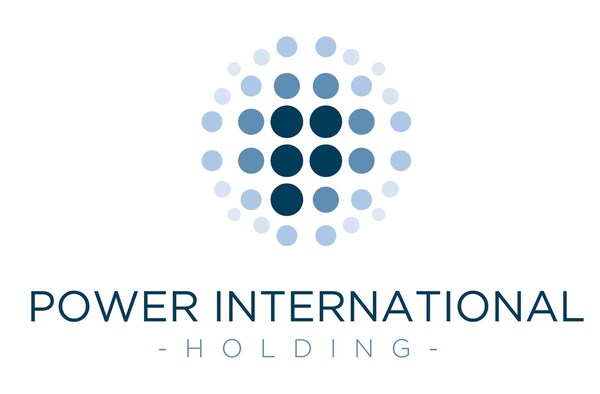SeABank’s credit rating remained at Ba3 with Stable outlook by Moody’s
HANOI, Vietnam, Sept. 11, 2024 /PRNewswire/ — Moody’s Investors Service (Moody’s) announced its 2024 assessments of Southeast Asia Commercial Joint Stock Bank (SeABank, stock code: SSB). SeABank’s Long-term bank deposit rating remained at Ba3 and Baseline Credit Assessment (BCA) at B1, with a Stable outlook.
Due to the uncertainty of both the domestic and international markets, Vietnam’s banking sector also faces several challenges. In this context, the ratings by Moody’s implies its strong belief in SeABank’s above peer-average capitalization and stable asset quality. The Stable outlook reflects the agency’s belief that SeABank will remain its key solvency and liquidity metrics.
Additionally, Moody’s affirms SeABank’s Ba3 Long-term deposit credit rating – one notch below Vietnam’s sovereign rating (Ba2, Stable outlook), considering the Government’s ability to support the Bank in times of need.
Since 2022, SeABank has its credit rating upgraded by Moody’s from B1 to Ba3 for issuer and deposit ratings, and from B2 to B1 for BCA, affirming SeABank’s market position, potential and reputation. This also implies SeABank’s efforts to become the leading bank in meeting the highest international standards while maintaining a transparent, safe and sustainable operations and governance.
In recent years, SeABank has been strengthening capital to drive its growth goals and improve market competitiveness. Currently, SeABank’s charter capital is approximately US$982 million and is planned to reach approximately US$1.1 billion after issuing 329 million shares to pay 2023’s dividends and 1 0.3 million shares to increase equity capital from owners’ equity, equivalent to a total ratio of nearly 13.6%.
Notably, SeABank has been entrusted with and has received US$850 million from reputable financial institutions such as IFC, DFC, AIIB, Norfund, etc. to promote financial inclusion and climate finance. Remarkably, SeABank pioneered to apply innovative financial instruments by issuing Vietnam’s first blue bonds and the first green bonds by a domestic private commercial bank, totally worth US$150 million.
Putting priority on climate finance and financial inclusion, SeABank will continue to focus on capital enhancement and improve related indicators. This will enable the Bank to support the sustainable growth of Vietnamese enterprises, promote green credit and finance environmentally friendly projects. Thereby, SeABank aims at becoming a leading bank in sustainable finance and contributing to the sustainable economy.
